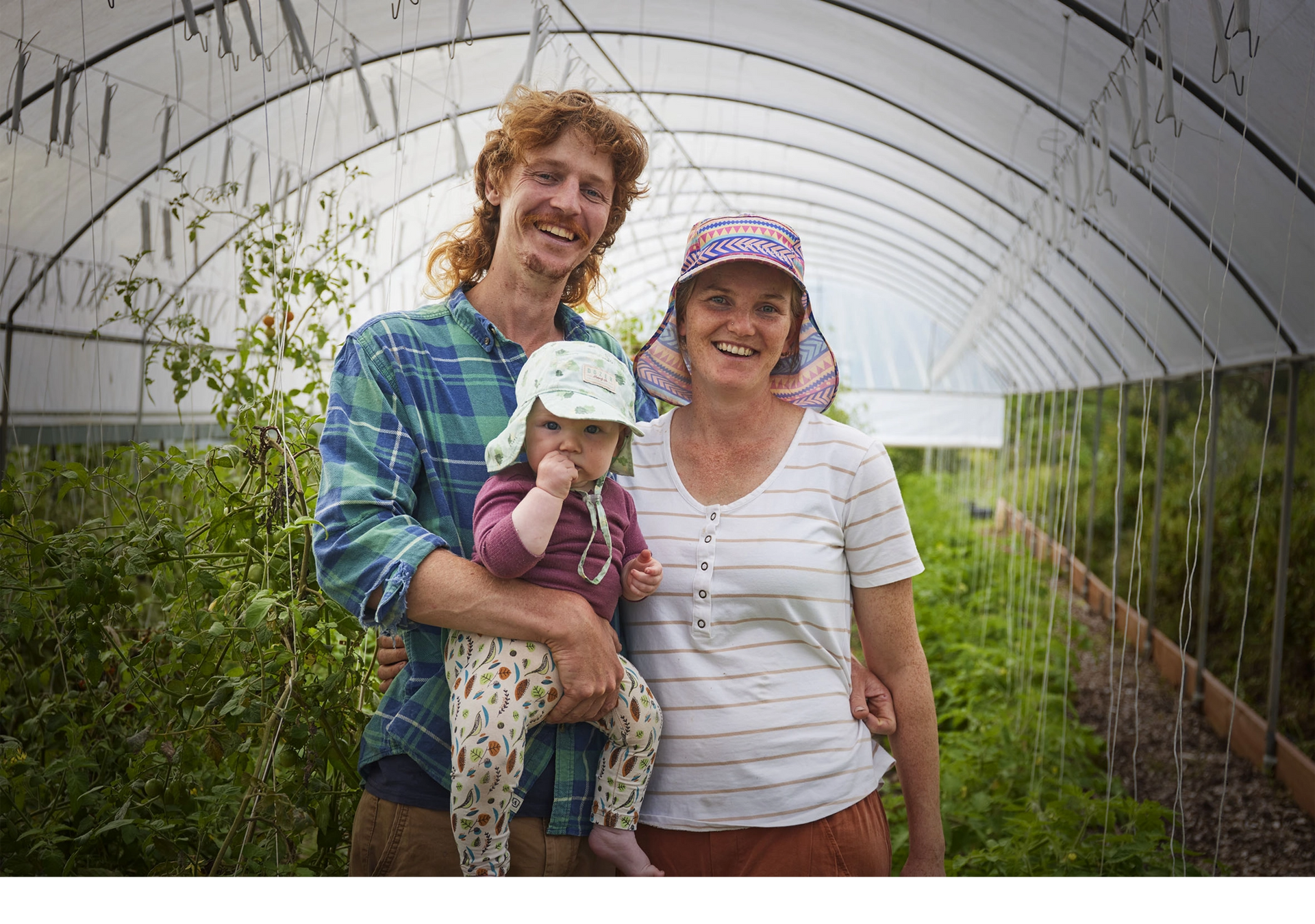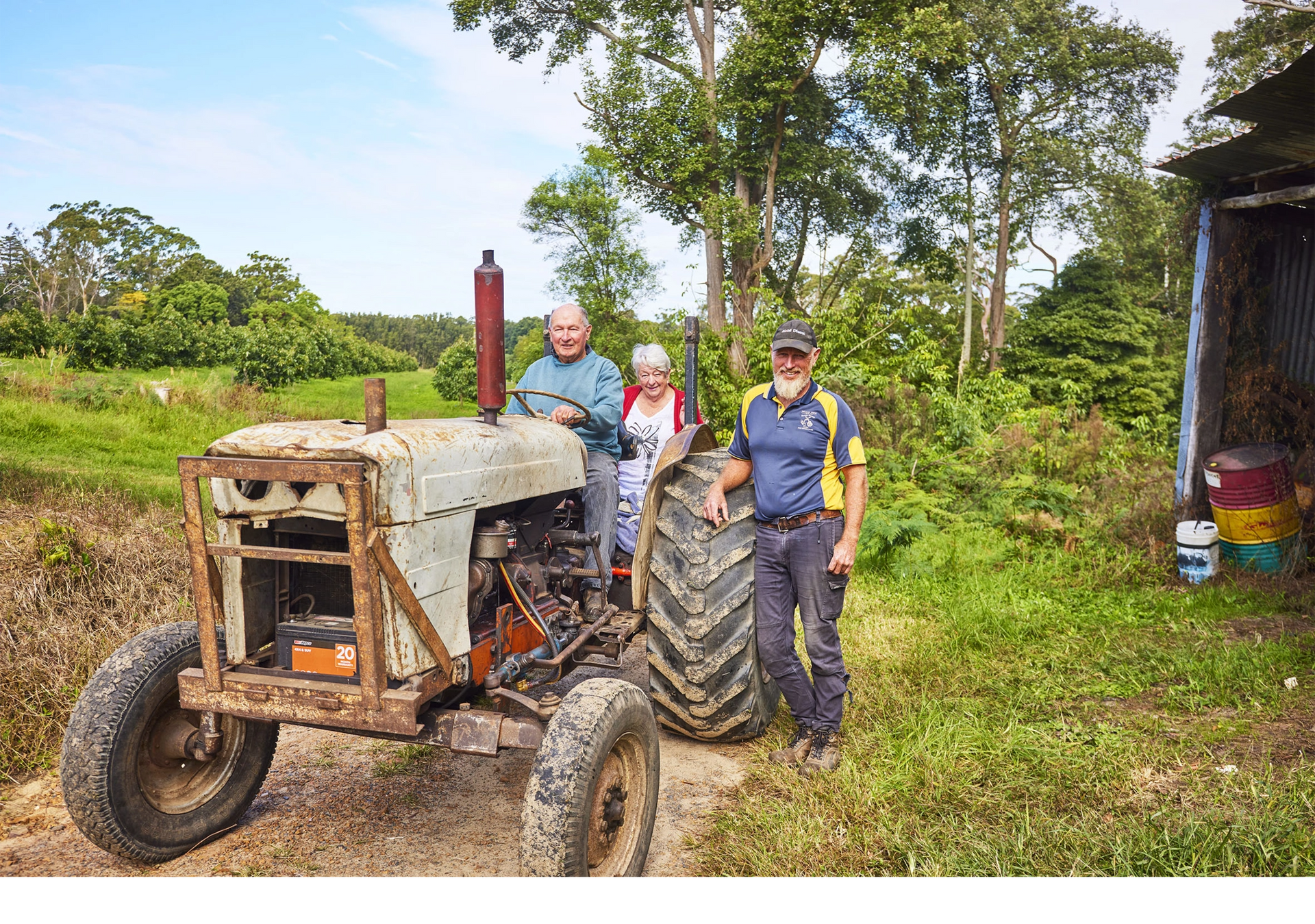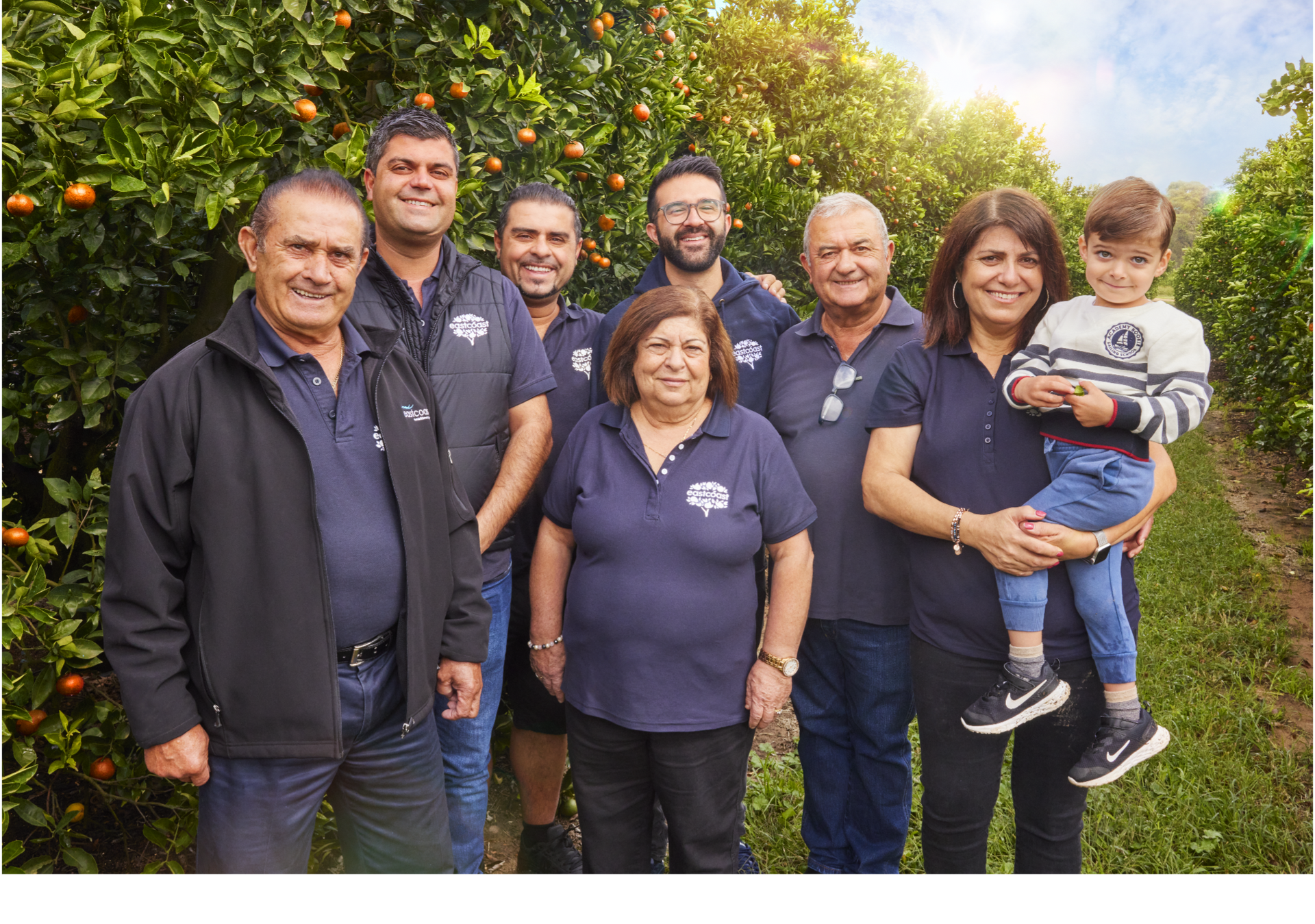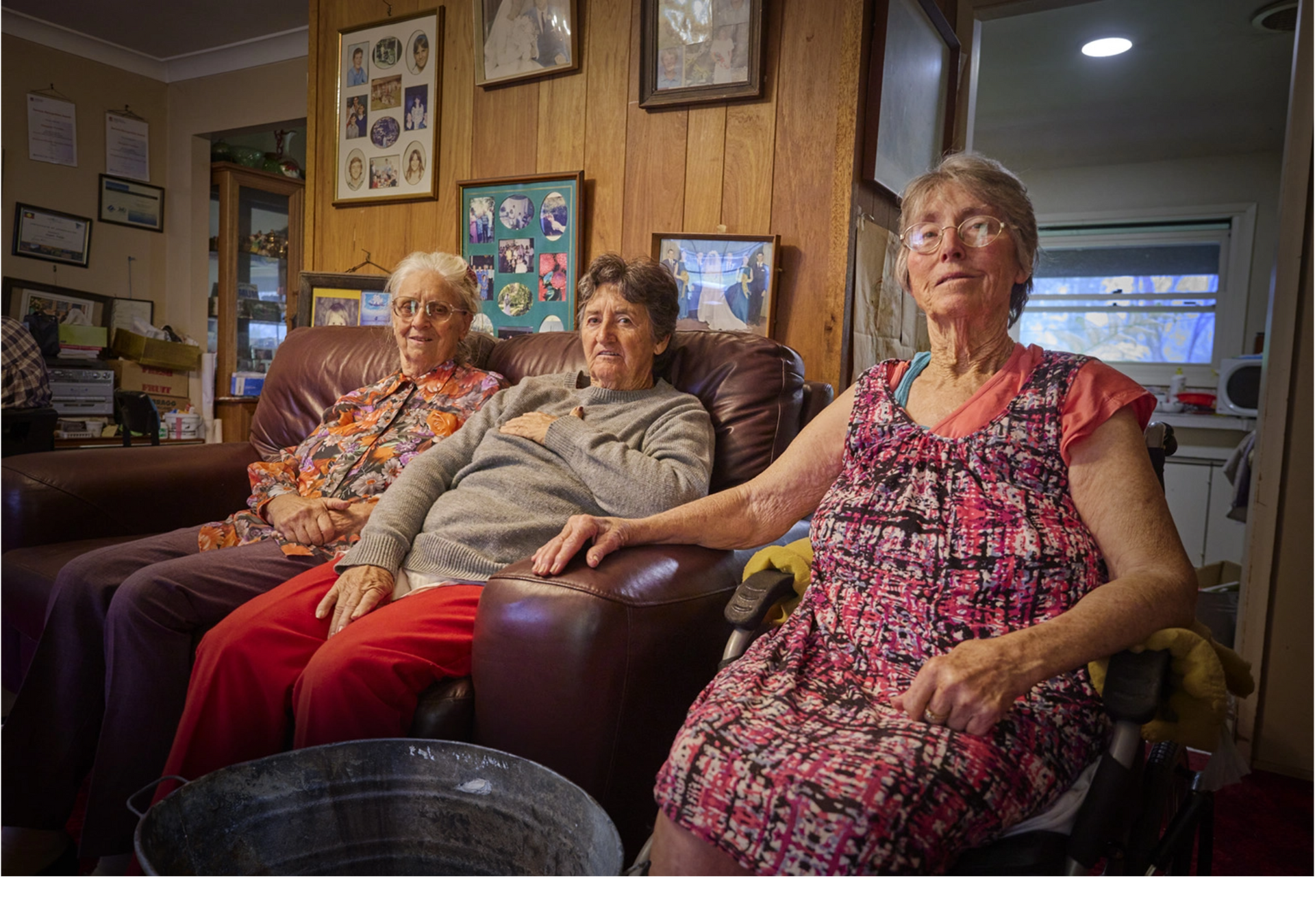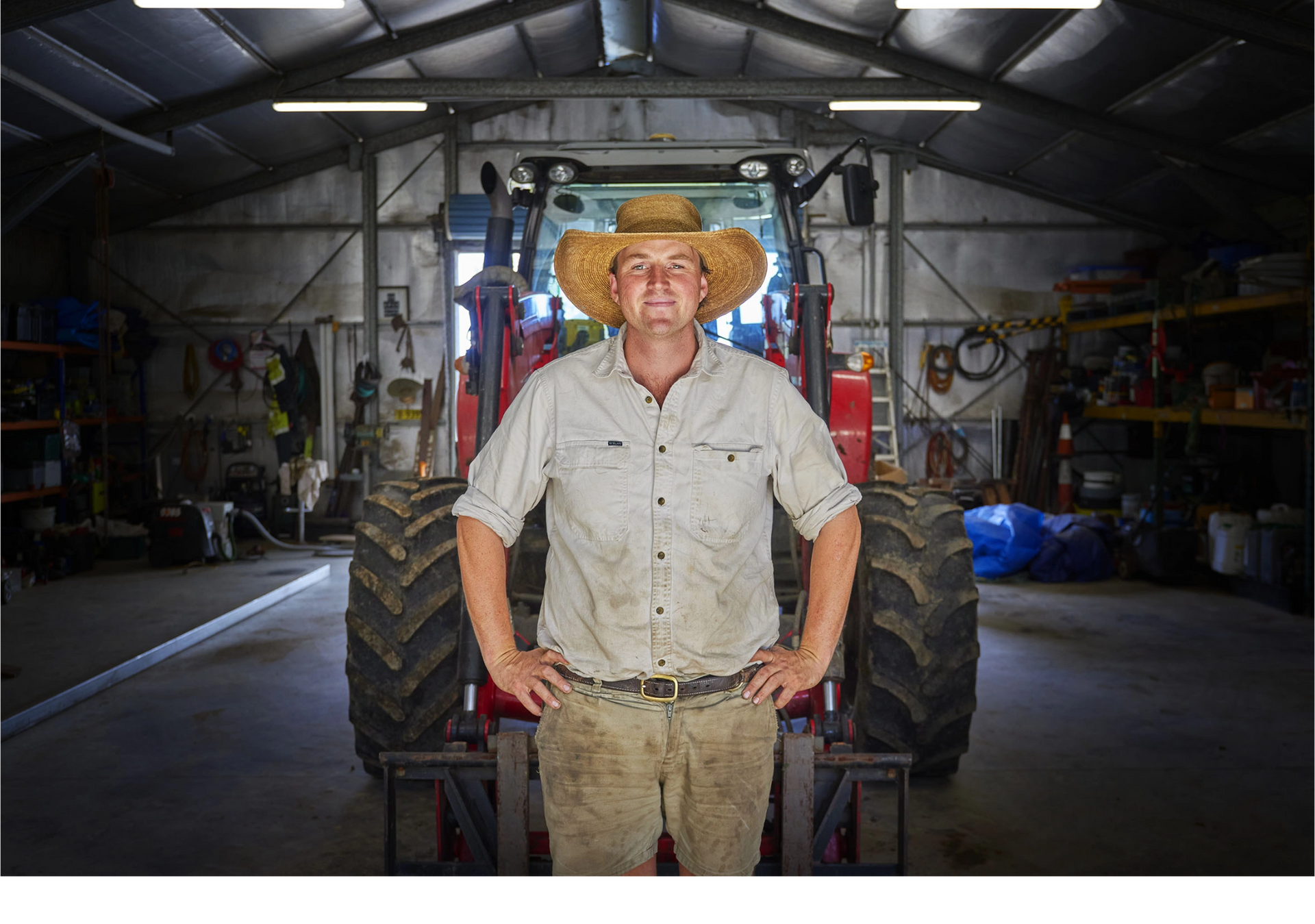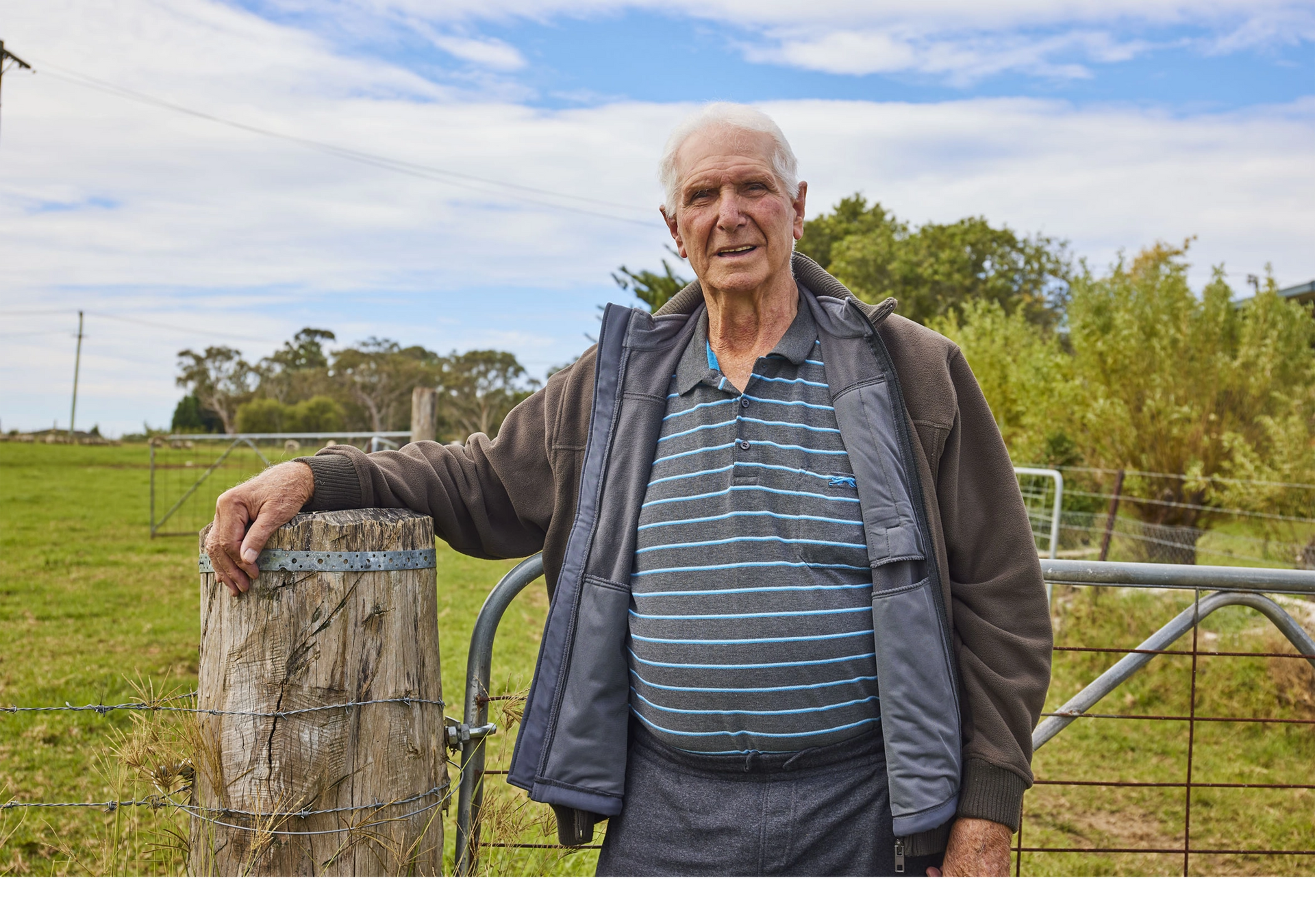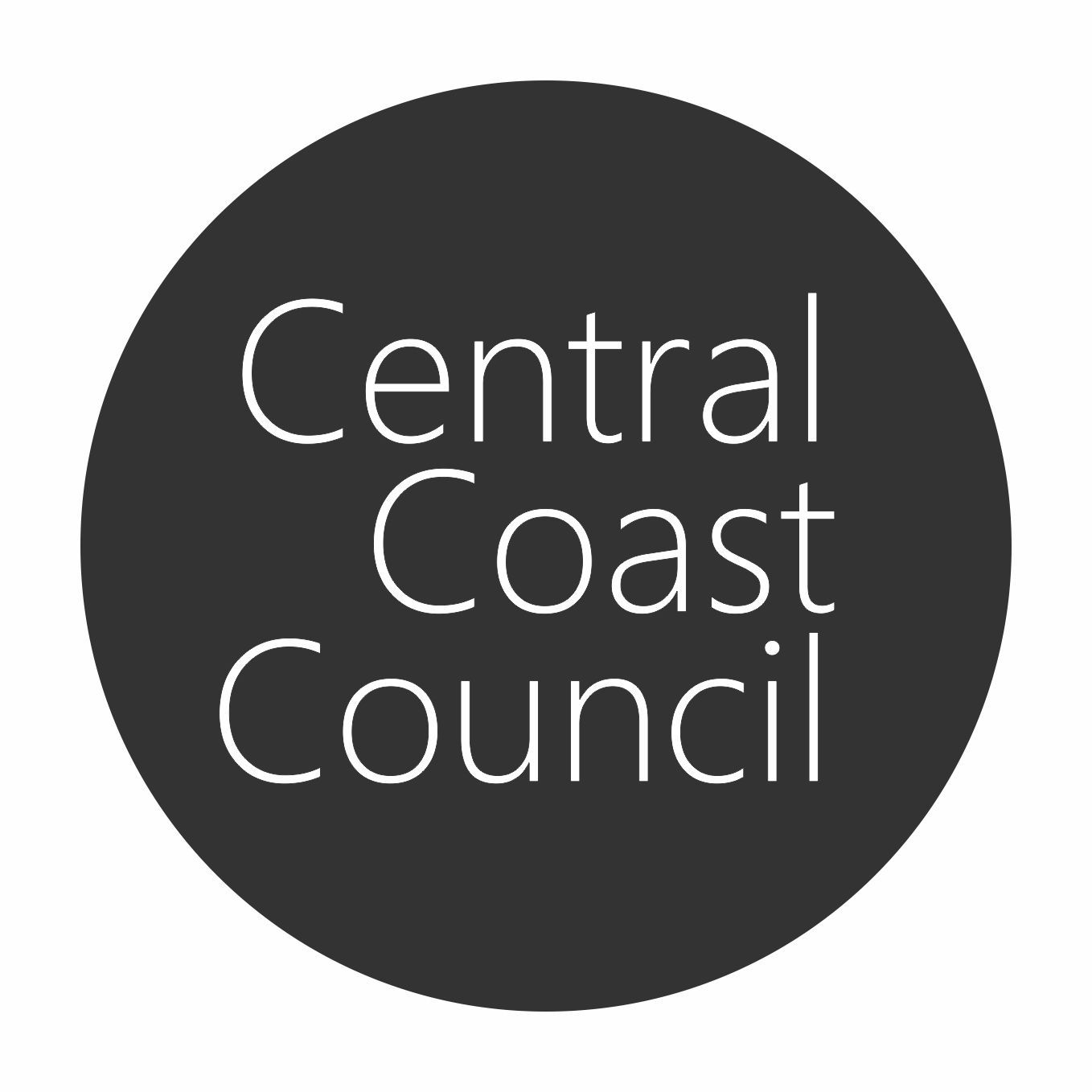Ways of Seeing is a project that aims to give insight into these often subtle and untold stories.
WHEN THESE MOUNTAINS SPEAK
Fibre Arts Shed, Jilliby
Year: 2023 Photographer: Jeremy Hudson Words: Adrienne Ferreira
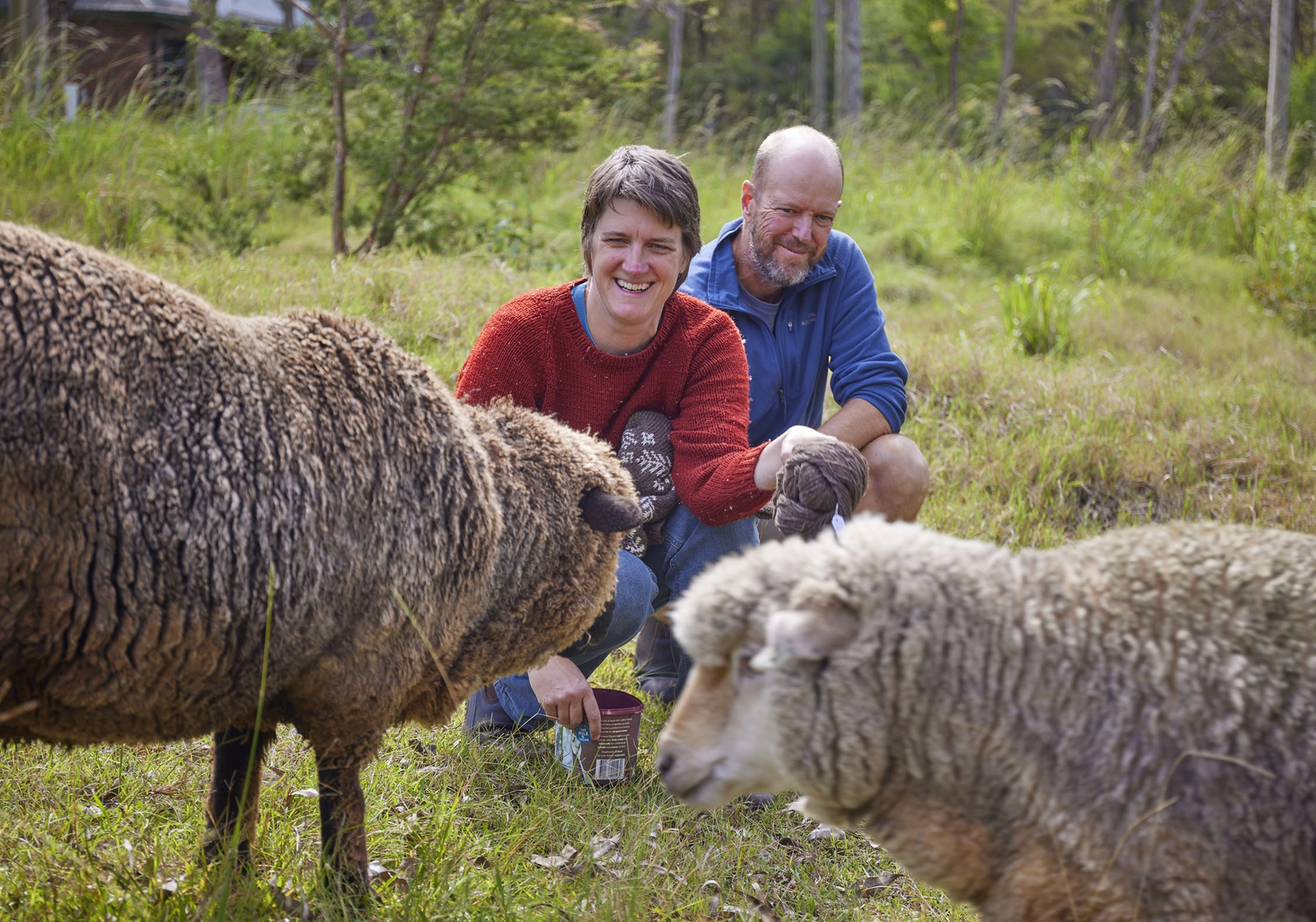
At the top of a rise, among lightly-wooded acreage in suburban Jilliby, Clare and Paul Thornley have created a small rural business with close ties to the community. Fibre Arts Shed turns local fibre into yarn, and there is nothing else like it on the Coast. Their mini-mill produces a range of yarn for wholesale and retail, and they provide a service for hobby farmers in the area to process fibre from their animals.
‘Every year, animals get shorn and something has to happen to the fibre,’ said Clare. "We deal with local small-time operators. A lot of people have alpacas as pets — we have a lady who lives five minutes away, and every year she brings us fibre from her alpaca and we turn it into yarn so she can knit her husband a jumper. Then there’s a guy who lives ten minutes away in Dooralong with dual purpose sheep, meat and wool; when we turn his fibre into yarn, the footprint of that wool is ten minutes.’
Clare is from America and Paul is from Zimbabwe. Neither have a background in farming or spinning, although Clare has a life-long passion for knitting, something she learned from her grandmother and mother. They have two sheep, Bob and Madam, and Clare uses their wool to continue the family tradition of keeping everyone supplied with cosy hand-made jumpers.
They settled on the Central Coast almost 10 years ago, drawn to the rural lifestyle of Jilliby. "We bought the business about five years after living here and commuting for work. It was a hobby business at first. We bought two pieces of equipment and stock from a guy in Maitland. I left my job and made it my job. Then Paul left his job, and now it’s our job.
‘The mill arrived two years ago on the back of a truck. They forklifted it into place and said “Okay, see ya.” We had no idea how to operate it! There were no instruction manuals. Paul’s dad was trained as a fitter and turner and worked with machinery, so he helped Paul figure it out.
‘The learning curve was huge,’ Paul recalled. ‘We watched lots of videos, and they sent us some old documentation, but it was very technical.’
‘It took us a year to be spinning yarn that looked like yarn,’ said Clare. ‘In the last year we've been spinning yarn that we’re really proud of.’
‘In this community, we’re dealing with people who are passionate about their animals and take good care of them; they’re happy to see us, because we are going to turn their fibre into yarn. Or they’re people who make things for their grandchildren and partners, or to sell at markets; they’re being creative and they’re happy to see us, because we have the stuff they need. It’s a very nice job! ’
- Clare Thornley.
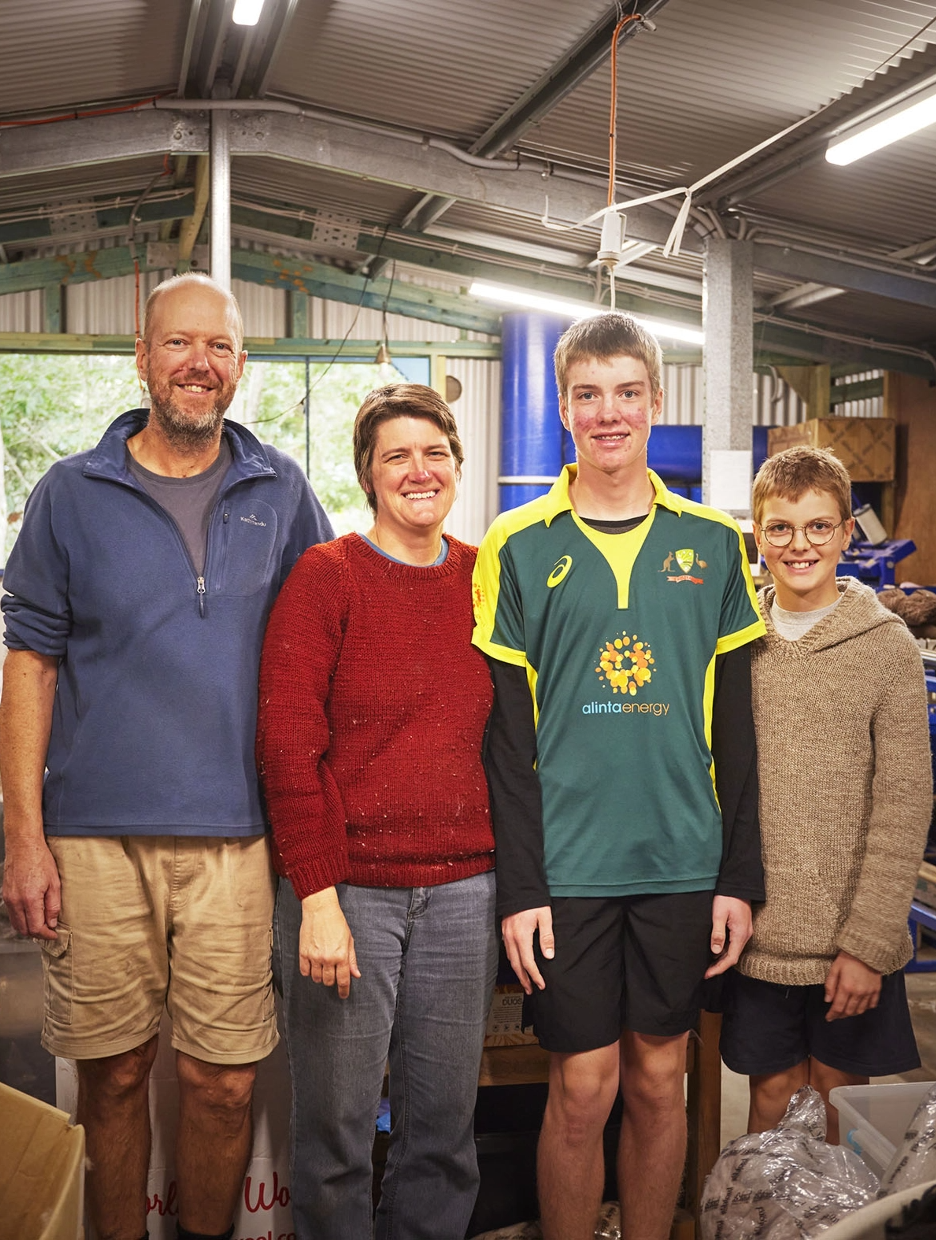
The business had allowed Clare and Paul to forge unique relationships with their rural community. ‘We make a lot of people happy. In this community, we’re dealing with people who are passionate about their animals and take good care of them. They’re happy to see us, because we are going to turn their fibre into yarn. Or they’re people who make things —for their grandchildren and partners, or to sell at markets. They’re being creative and they’re happy to see us because we have the stuff they need. It’s a very nice job!’
When yarn is traceable, it has a powerful connection to place. ‘We have two lines of fibre that are local and traceable—to the farm, and sometimes to the animal. There are characteristics that make it unique. Every batch is different because every animal is different.’
As with farming, fibre production is at the mercy of weather and climate. Clare and Paul are currently exploring ways to diversify their offerings and keep the business sustainable.
‘We’re trying to get funding to buy a machine to turn wool into wool mulch mats. We’re currently trialling making felted mats out of dirty raw wool that we can’t do anything else with and would otherwise be thrown out. A lot of it is from dual purpose sheep. That’s all local — you can’t import dirty wool. Wool mulch can be used in the garden instead of plastic or hessian. It takes time to decompose, and releases nitrogen and other organic matter.
‘All the fine Merino that’s run in Australia goes overseas. We’re trying to do our little bit in this small corner of the Central Coast to keep wool here. We can buy it off alpaca breeders and wool growers for a little bit more and then have a product that can be used, so it can stay in the country.’
MORE STORIES
Alan Foods
Meliora Farm
Eastcoast Juice
Fibre Arts Shed
The Dennis Family
The Food Farm
Vumbaca & Sons
We acknowledge the Traditional Custodians of the land on which we live, work and play. We pay our respects to the Elders, past, present and emerging and recognise their continued connection to these lands and waterways. We acknowledge our shared responsibility to care for and protect our place and people.

